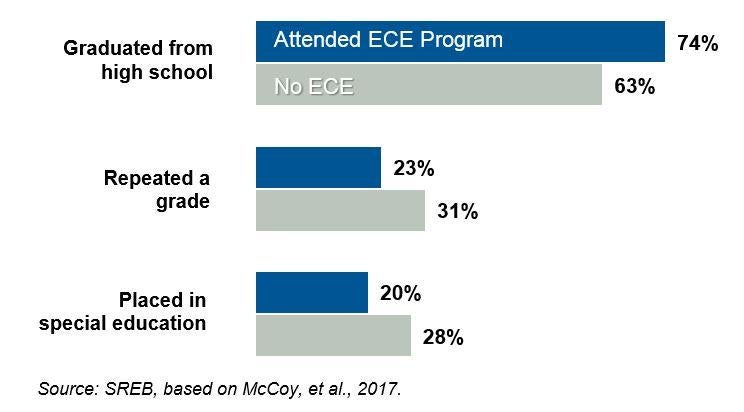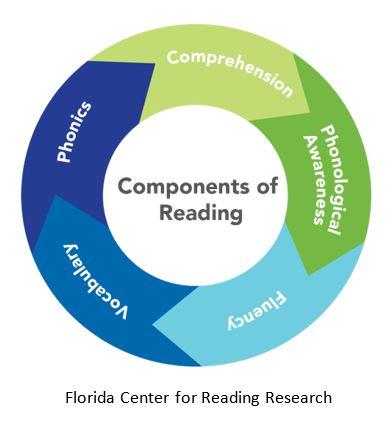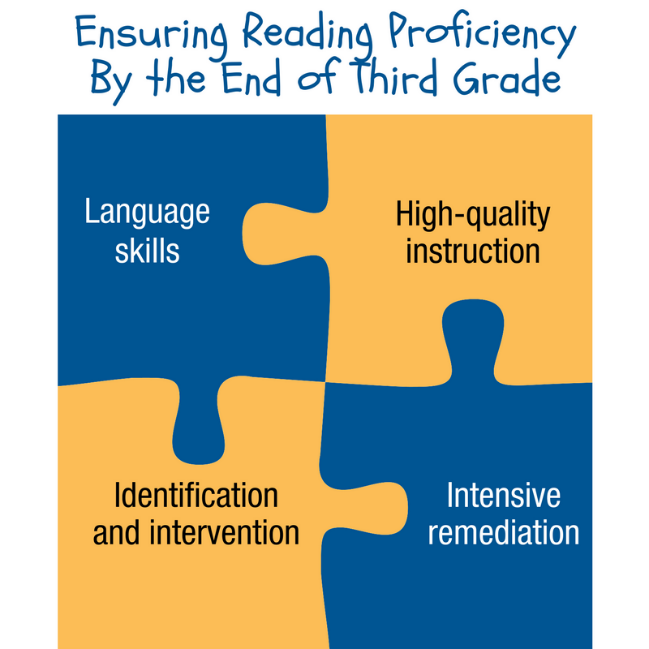Blog: Early Learning
New Research Points to Continued Promise of Pre-K
Researchers continue to examine the long-term impacts of pre-K participation, and more sophisticated methods and better data may help solidify the consensus that has already emerged: investing in early childhood education plays an important role in preparing young children for success in the early grades and pays off in the long run.
Are teachers prepared to teach reading?
Research shows a gap between what we know about reading and how teachers are prepared to teach it
Reading is the foundation for learning.
The research is clear: Students who are not reading proficiently by the end of third grade are much more likely to face poor academic outcomes. For this reason alone, we know it is incredibly important that children learn to read well early in elementary school and continue to build on those reading skills throughout the rest of school.
Reading in the Early Grades
How can we ensure reading proficiency by the end of third grade?
It’s no secret that reading skills are essential for success, both as a student and later in life. And educators know that reading proficiently by the end of third grade is crucial to students’ continued development. Up until third grade students learn to read; after that, they read to learn. It is paramount that students read proficiently by the end of third grade so they are prepared for later learning.
The Critical Infrastructure of Early Learning
Birth to Books
What happens in a child’s first three years of life has deep and
long-lasting implications for success in school and life. Studies
show that how many words children are exposed to by age 3, their
mothers’ education level, and the stress of poverty are huge
factors in whether or not they are ready for kindergarten at age
5.






